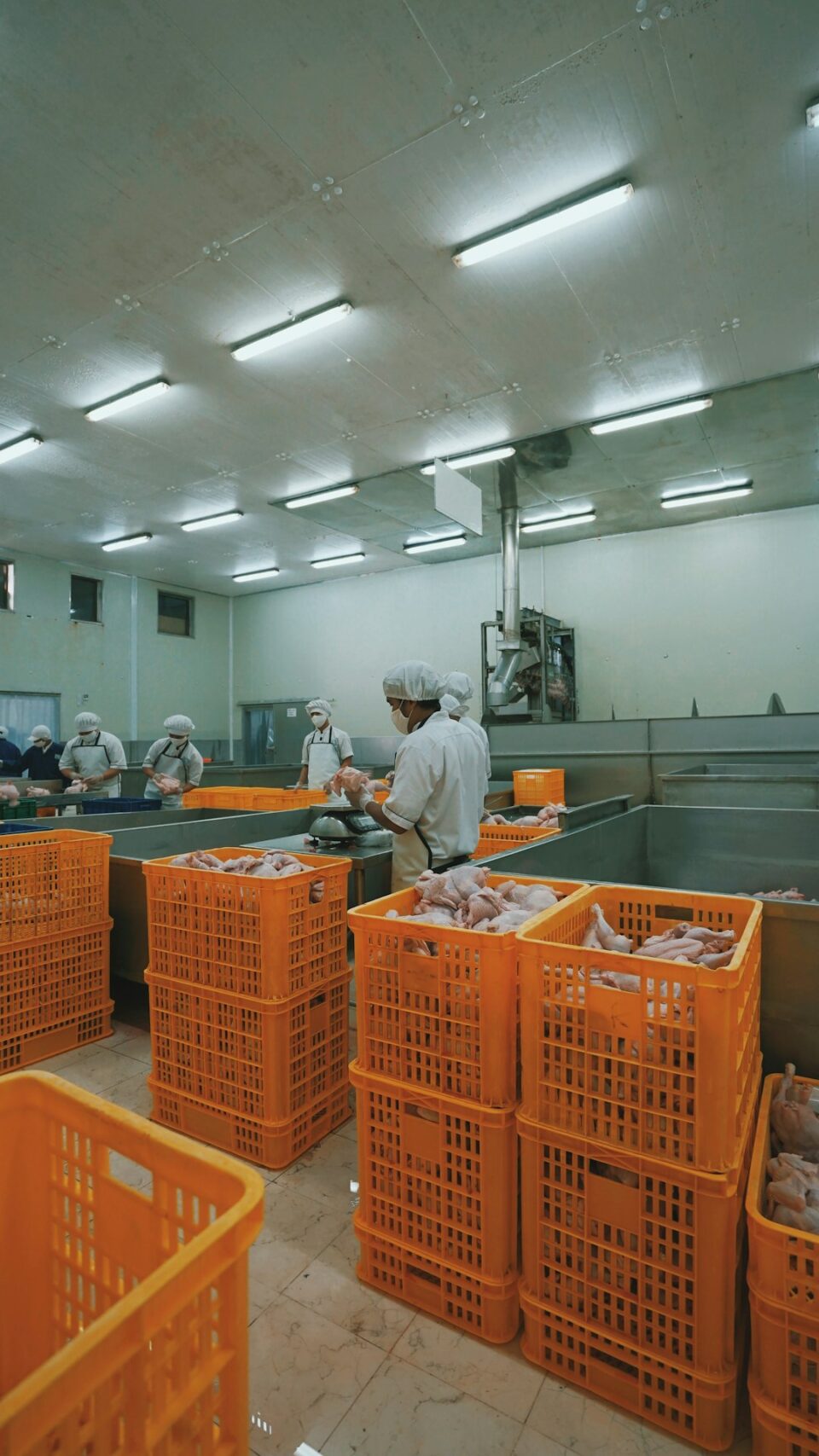Nanotechnology has been a buzzword in the scientific community for quite some time now, and its potential applications seem to be endless. One of the most promising areas where nanotechnology can have a significant impact is manufacturing. With its ability to manipulate materials at the atomic and molecular level, nanotechnology offers a host of opportunities for improving the efficiency and effectiveness of manufacturing processes.
In simple terms, nanotechnology refers to the manipulation of matter on an atomic and molecular scale. This involves the use of extremely small particles, typically measuring less than 100 nanometers in size. To put this into perspective, a nanometer is a billionth of a meter, making nanotechnology the study and manipulation of materials at an incredibly small scale.
One of the key advantages of nanotechnology in manufacturing is its ability to create materials with unique properties that are not possible with conventional manufacturing methods. For example, nanomaterials can be significantly stronger, lighter, and more durable than traditional materials. This makes them ideal for use in industries such as aerospace, automotive, and electronics, where performance and efficiency are critical.
Nanotechnology also offers the potential to revolutionize the production process itself. By enabling precise control over the structure of materials at the atomic level, nanotechnology can lead to more efficient and cost-effective manufacturing processes. This can result in reduced waste, energy consumption, and production time, ultimately leading to lower costs and increased productivity.
Another key advantage of nanotechnology in manufacturing is its potential to create new and innovative products. By combining different nanomaterials, manufacturers can create materials with tailored properties to meet specific needs. This opens up a whole new world of possibilities for the development of advanced products with enhanced performance and functionality.
One area where nanotechnology is already making a significant impact is in the field of electronics. The miniaturization of electronic components using nanotechnology has led to the development of smaller, more powerful devices such as smartphones, laptops, and wearables. Nanotechnology has also enabled the development of flexible and transparent electronics, paving the way for innovative applications in areas such as wearable technology and flexible displays.
Nanotechnology is also playing a key role in the development of new energy technologies. For example, nanomaterials are being used to improve the efficiency of solar cells, leading to more cost-effective and sustainable energy solutions. Nanotechnology is also being used to develop advanced battery technologies, which are essential for the widespread adoption of electric vehicles and renewable energy sources.
In the field of healthcare, nanotechnology is offering new possibilities for drug delivery, diagnostics, and treatment. Nanoparticles can be designed to deliver drugs directly to the target site in the body, reducing side effects and improving the efficacy of treatment. Nanotechnology is also being used to develop new diagnostic tools that can detect diseases at an early stage, leading to better outcomes for patients.
The potential of nanotechnology in manufacturing is not without its challenges, however. One of the main challenges is the scalability of nanotechnology processes. While it is relatively easy to manipulate materials at the nanoscale in a laboratory setting, scaling up these processes to an industrial level can be a daunting task. Manufacturers will need to invest in new infrastructure, equipment, and processes to make nanotechnology a viable option for mass production.
Another challenge is the potential environmental and health risks associated with nanomaterials. As these materials are so small, they have the potential to enter the environment and the human body in ways that traditional materials do not. This raises concerns about the long-term impact of nanotechnology on health and the environment, and highlights the need for responsible and ethical use of nanotechnology in manufacturing.
Despite these challenges, the potential of nanotechnology in manufacturing is undeniable. From improving the efficiency of production processes to creating new and innovative products, nanotechnology has the potential to revolutionize the manufacturing industry. With continued investment in research and development, nanotechnology promises to unlock a whole new world of possibilities for manufacturers around the world.

